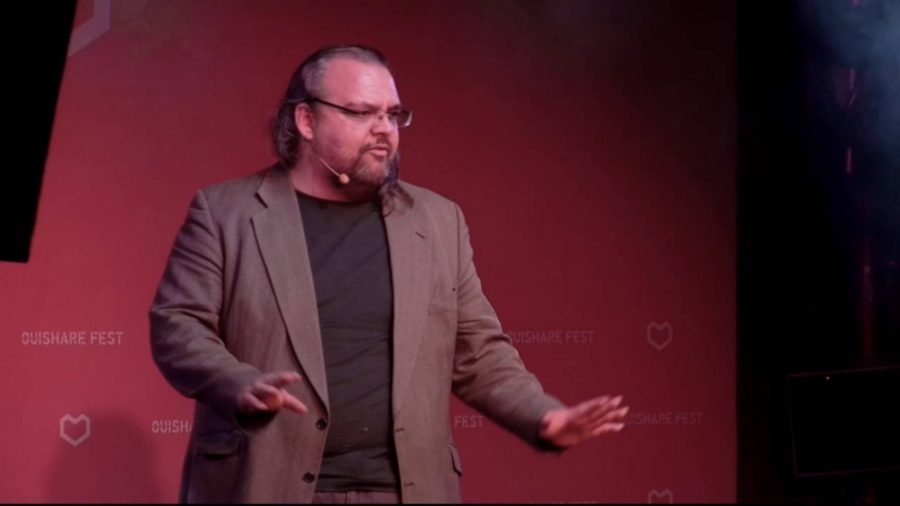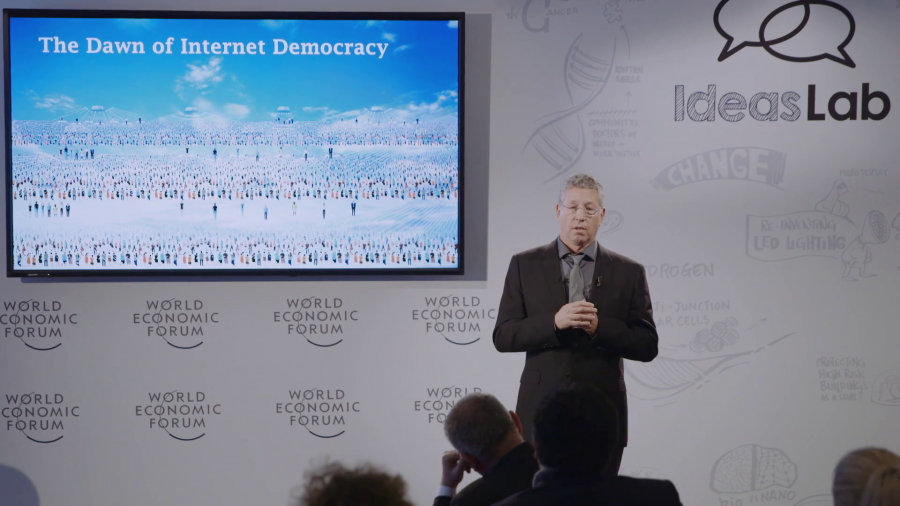The system I would want is I would want an assurance that if some extraordinary measure has to be put in place temporarily to deal with a temporary crisis, that the word “temporary” will in fact continue to apply. And I will add that this is a moment when I really wish we had a functioning Congress.
Archive

Liberal users comprise a larger percentage of these r/politics users, while conservatives will comprise a smaller percentage. Through those users and through their voting, they can control what is seen and what is not seen. So a liberal user, as a block, will downvote more often than not something they don’t agree with necessarily.

When we talk about rebellion, we’re usually talking about thought that is couched against the supposed rationality of the great revolutions of the modern era.
It’s like we’ve got all these proxy wars going, where people are fighting bitterly over these things. And if you could sort of go back to the original global conflict almost, of ideas, I think you’d get to some interesting arational assumptions. Some of which would be different. Some of which might be very similar. And then you’d wonder why the hell are these proxy wars going on?




